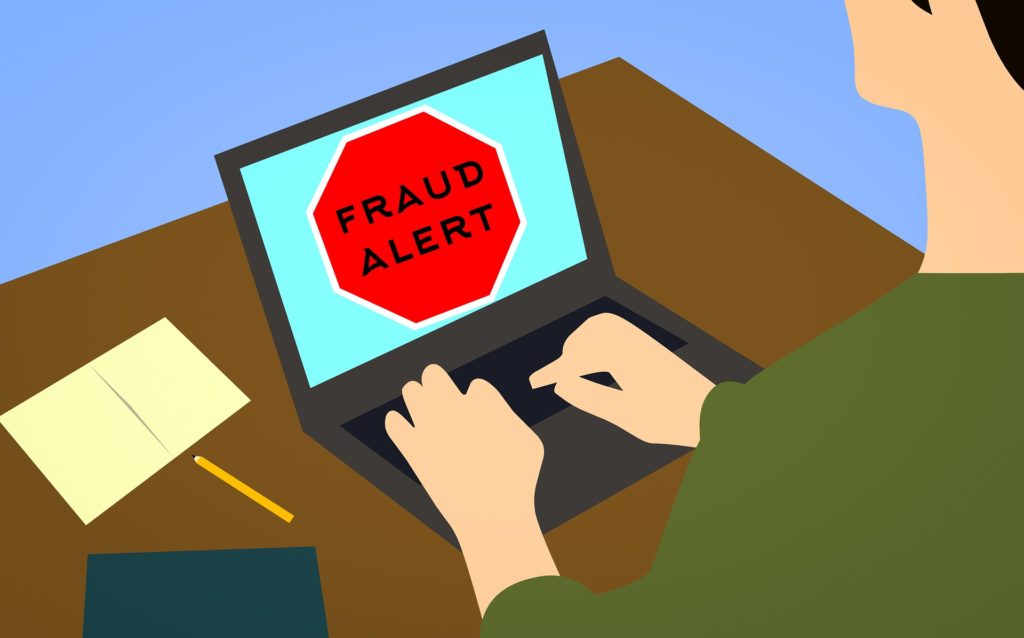Be aware of criminals claiming your unemployment benefits
DORAL, FL – Since March, 42.7 million people have applied for unemployment benefits in the country, many of which have been made by criminals using stolen data to make claims under someone else’s identity.
According to a memo from U.S. Secret Service, Washington has been the hardest-hit state, although there is also evidence of frauds in Florida, as well as North Carolina, Massachusetts, Rhode Island, Oklahoma and Wyoming.
The California cybersecurity firm Agari estimated last week that at least 11 states have been targeted, as reported by the Chicago Tribune.
There’s not an exact measure of how many fraudulent claims have been made, but investigations support an increase in these attacks.
“About 10% of (unemployment insurance) payments are improper under the best of times, and we are in the worst of times,” Scott Dahl, the inspector general for the U.S. Labor Department, told the House Subcommittee on Government Operations, as reported by the Chicago Tribune. Dahl estimated that at least $26 billion in benefits could be wasted, with the bulk of that going to fraudsters.
The most concerning part about this problem is that in many cases, victims don’t know they have been affected until they apply for unemployment benefits and find out someone else has applied under their identity.
But not only people without a job can become a target. In some cases, fraudsters also claim unemployment benefits under the identity of someone that actually has a job.
And they also take advantage of people actively searching for a job. Sometimes, criminals reach their victims with false job offers or to supposedly assist them in filing unemployment. In this way, they can gain access to their personal information.
Experts recommend victims to report a suspected fraud to the state, their employer and file a police report.
Another way to protect yourself is to freeze your credit and monitor it regularly to find any suspicious activity after you have become a victim of this kind of fraud. If a criminal has enough information to make an unemployment claim, they have enough information to commit other acts of identity theft in the future.
Practicing what is known as “good cyber hygiene” is also important. This translates into changing passwords regularly, using two-factor authentication whenever possible to log into accounts and being aware of offers that seem too good to be true, whether that is by phone, online, mail or in person.

